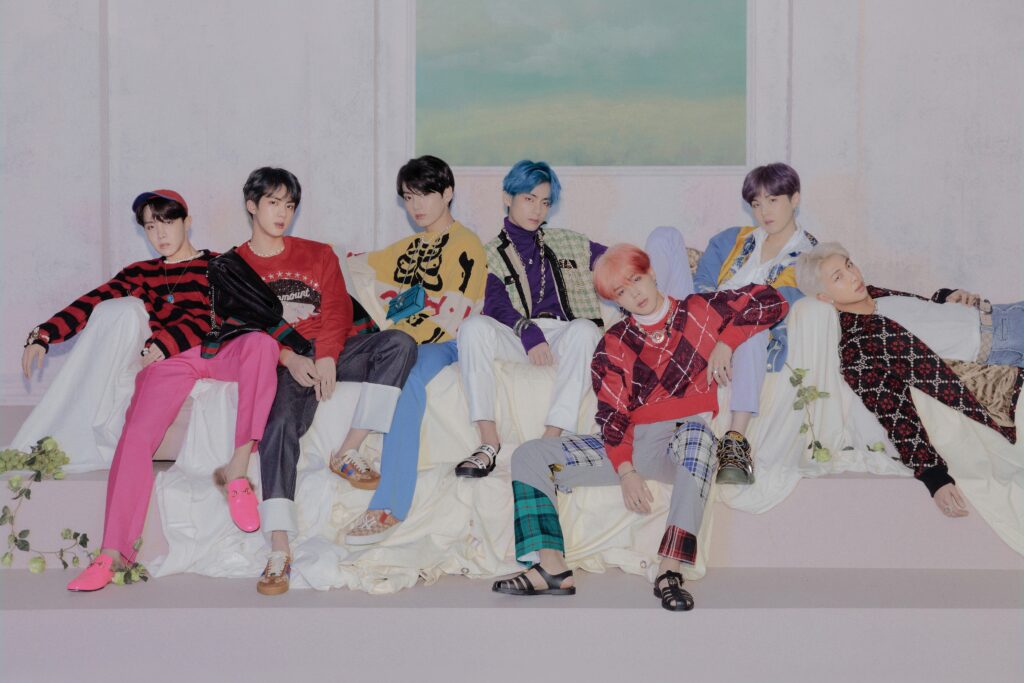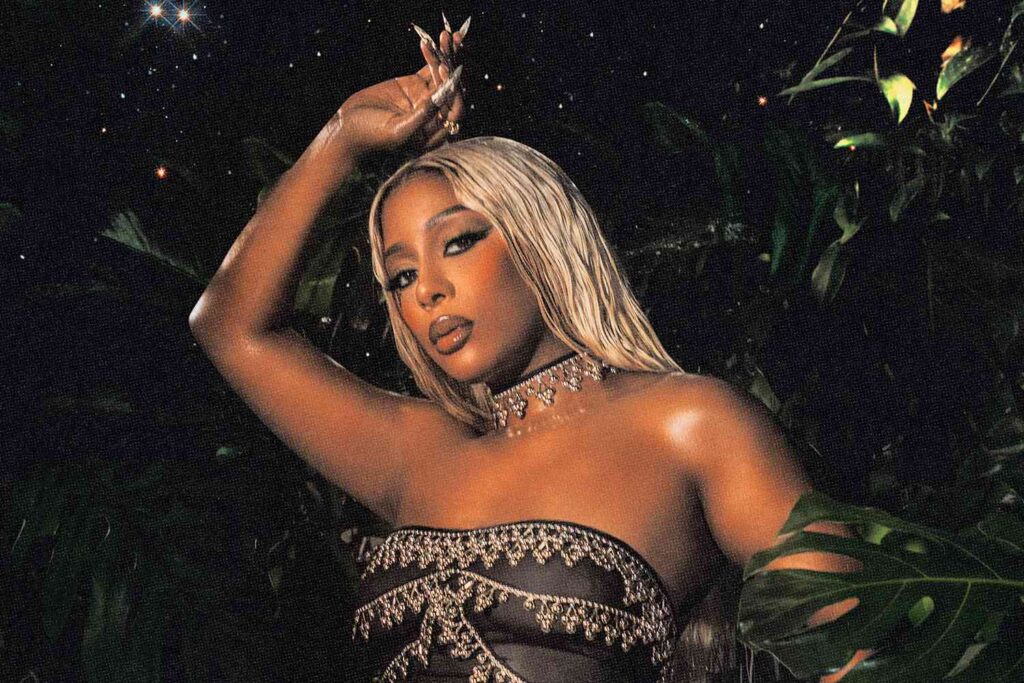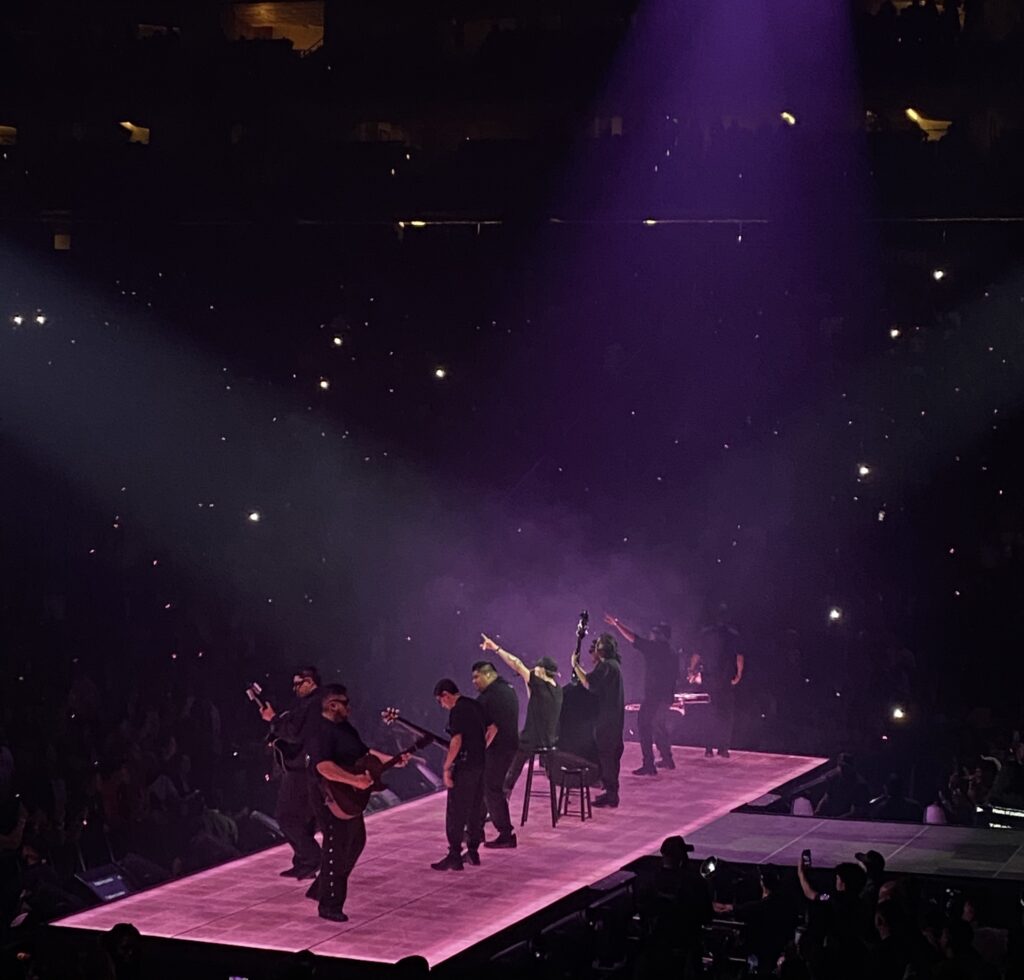How Normani’s “Still” Pays Tribute to Houston’s Hip-Hop Culture
Written by Celeste MacMurray on August 2, 2024
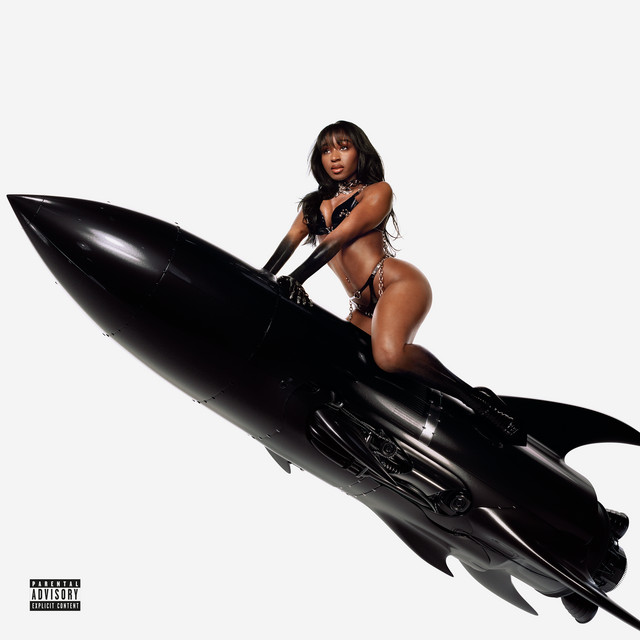
It was in mid-June when, after years of anticipation, Normani officially released her debut album Dopamine. Since the artist’s first debut single, “Motivation,” many have been excited for her future endeavors. Most may know the singer from her time as a member of successful girl group Fifth Harmony, but ever since the group’s indefinite hiatus in 2018, the singer has been working to forge a path and a name for herself. This was something Normani achieved with great ease with the releases of singles like “Wild Side (feat. Cardi B)” and “Fair.”
In the time between the releases for singles, it was commonplace for fans on X to ask where the album was and speculate its future arrival. Yet there were valid reasons why the album was delayed, including the changing of management and the health of her parents.
Leading up to the release of Dopamine, Normani had released singles such as “1:59 (feat. Gunna)” and the highly teased song “Candy Paint” that had been previously previewed during a campaign with Bose. The teasing for the release of Dopamine began in early 2024, with the announcement of its official release date being posted on socials April 25th, 2024.
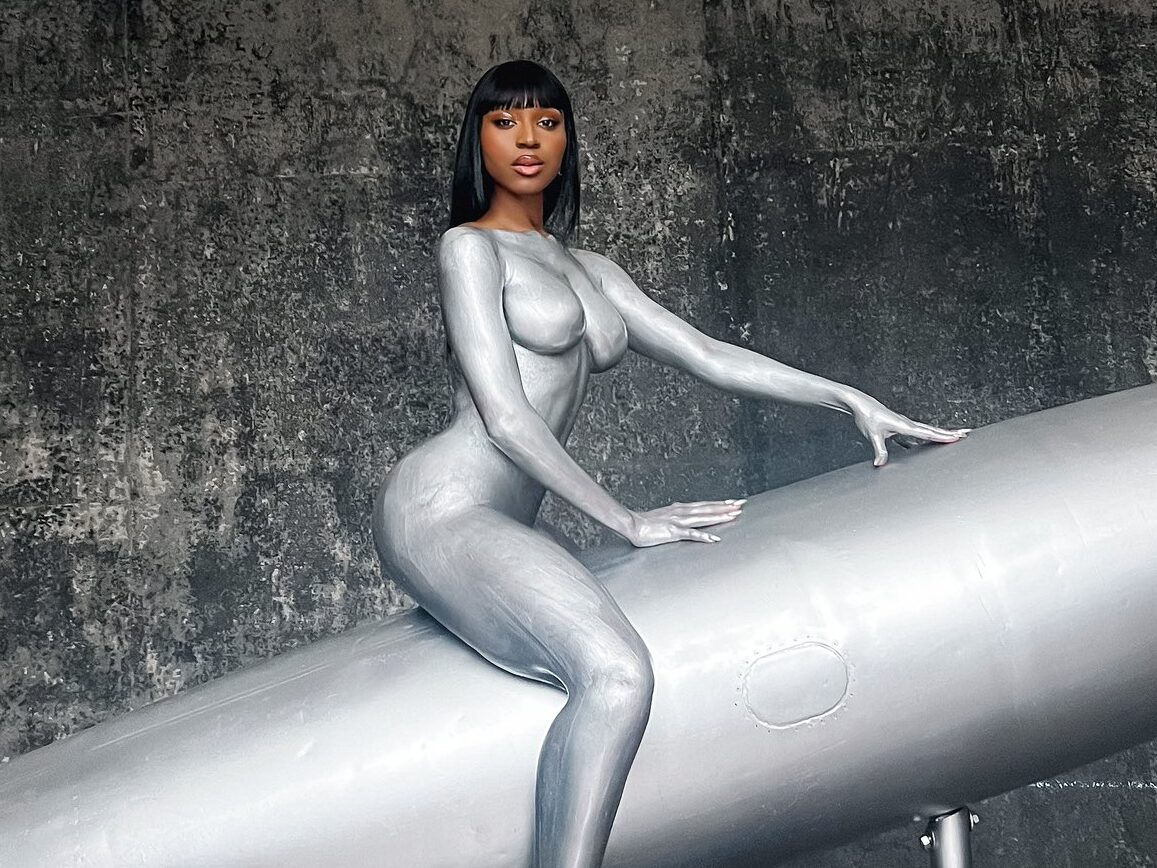
A first glimpse of the feel for Dopamine was posted on YouTube and socials alike, featuring the aforementioned singles and a preview of the album’s concept. The video included striking visuals such as space rocket imagery, moody atmospheres and Normani painted silver on top of a rocket. Aptly described in the caption of Normani’s Instagram post with the video, the first look definitely was a “first dose of dopamine” as promised.
The album starts strong with track “Big Boy (feat. Starrah)” that pays tribute to Southern hip-hop artists such as André 3000 and Big Boi of OutKast. Normani continues this theme and in later tracks, such as “Still” and “Candy Paint,” nods to Houston’s hip-hop culture.
The track where this tribute is most prominent is, namely, “Still” as it’s a song that acknowledges Houston rap and hip-hop along with other aspects of the culture that are conjoined with it. It is well known that Normani moved to Houston at a young age and was raised in the city, which explains her familiarity and respect for the culture. “Still” has trap influences in its production but, at its core, has a chopped and screwed sound that is native to Houston. Along with this, the song samples “Still Tippin'” by Mike Jones featuring Paul Wall and Slim Thug. This sample can be heard in multiple sections of the song, mainly its intro and outro, but also in between the lyrics of the chorus.
Chopped and screwed is known as the sound of Houston rap and hip-hop due to the innovations of the city’s very own DJ Screw. Robert Earl Davis Jr., who would later be known as DJ Screw, influenced the hip-hop scene of the city and completely shaped the sound of Houston that eventually spread across the country.
“Still” not only pays tribute to the Houston sound engineered by DJ Screw, but other prominent Houston rappers such as Pimp C of UGK, whom she also shouts out in “Big Boy.” The track features Normani’s signature “R&B-pop-star-diva” style as she proclaims in the first verse, something that is both magnetizing and addicting all while paying tribute to the culture of a city and hip-hop history. Since Houston’s car culture was part of what spread DJ Screw’s sound to the city, it’s slyly referenced in the second verse when she talks about her “car swangin’ like some double D’s.”
Slabs are a special part of car culture in Houston that are typically painted bright colors—candy painted being the main term for this—with swangas placed on the tires along with a spare tire on the hood of the trunk. Swangas are long, spiked rims that protrude from the sides of a slab, and when a car is swangin’, it means they’re driving slow and swerving in a zig-zag pattern. Some slabs even have the inside of their trunks customized with speakers, lights or signs. DJ Screw’s slowed down style was perfect for cruising the Houston streets, and with slabs playing his tapes loudly, it caught on quickly.
When DJ Screw first started out, many of the songs he mixed were originally soul, funk, hip-hop, R&B and the like, but later when rappers started to come by his home in the Southside of Houston, that’s when the signature chopped and screwed sound of Houston started to take off. People would visit DJ Screw, freestyle and leave with their very own tape to play in their car.
In the 1980s, Daryl Scott was a well-known DJ in Houston whose work had similar elements to the chopped and screwed sound we know today. There was also Michael Price, another DJ who was a mentee of Scott’s. One day, after Price’s boom box malfunctioned and slowed down the music that was playing, and after realizing the party liked the sound, he went home and rigged his boom box to slow down the songs he played. Price, of course, did this with the help of Daryl Scott. DJ Screw knew both Scott and Price, and it was Daryl Scott who introduced tape pauses to DJ Screw, and when he would play different DJ gigs, he was sharing equipment with Price. It’s in 1990 that we first start to hear DJ Screw’s tracks start to slow down.
What made DJ Screw’s style so special was the technique he used to create his “Screwtapes,” as they were dubbed. When DJ Screw was creating one of his mixes, he had two copies of the same song playing on a turntable with one of them following the other at a delayed pace. He would “chop” between sections of each song, blending them together, manipulating the vinyls and the different settings on the turntable and recording them straight to cassette tapes. He did it live with no rehearsal, just improvising as he went, something he was able to do even as artists were freestyling live over his tracks.
When DJ Screw first started making his mixes, he did so from the requests people made. They would hand him a list of songs they wanted in the mix, he’d take them home and then he’d make them. He made mixes all day and night, and as his notoriety grew and once he moved to his Southside home, he began inviting people to come over either to be on one of his tapes, buy tapes or to listen as other people made their own. DJ Screw also founded the Screwed-Up Click, including famous rappers such as Fat Pat, Lil Flip, Z-Ro, Lil’ Keke, Big Hawk, Big Pokey and Big Moe, for example.
Over time, as DJ Screw’s name grew in popularity and influence, the much bigger of a deal it became to be featured on a Screwtape or to have a track made by him. People outside of Texas were starting to take notice of DJ Screw and his work, and some were even coming all the way to Houston just to buy one of his tapes or for the chance to work with him. It was 1995 when DJ Screw released his first official albums, titled, 3 ‘N The Morning (Part One), 3 ‘N The Morning (Part Two), and Bigtyme Vol II All Screwed Up with Bigtyme Recordz.
Later, in 1998, DJ Screw opened up his own record store, much like his mentor Daryl Scott who had his own shop, called Screwed Up Records & Tapes, that is still open to this day. The record store sold DJ Screw’s tapes when it first opened, and continues to do so even now. All tapes sold are authentic, DJ Screw Screwtapes made by him and only him.
In 2000, DJ Screw tragically passed away, but he left behind an important and unforgettable legacy in Houston. Keeping DJ Screw’s memory alive is a huge part of the hip-hop culture in Houston, especially when using his sound, as without him, this part of the culture wouldn’t exist. Appreciation for Houston’s chopped and screwed style is nothing new considering how it has spread across the country. Artists like A$AP Rocky, Megan Thee Stallion and Beyoncé have shown appreciation for the style through remixes and songs alike. It is a movement, and honoring DJ Screw is something the city has never stopped doing.
Normani’s tribute not only sheds light on the culture of Southern rap and hip-hop, but the origins of DJ Screw, Houston car culture and the Houston rappers that have continued the city’s sound even after the passing of DJ Screw in his honor.


